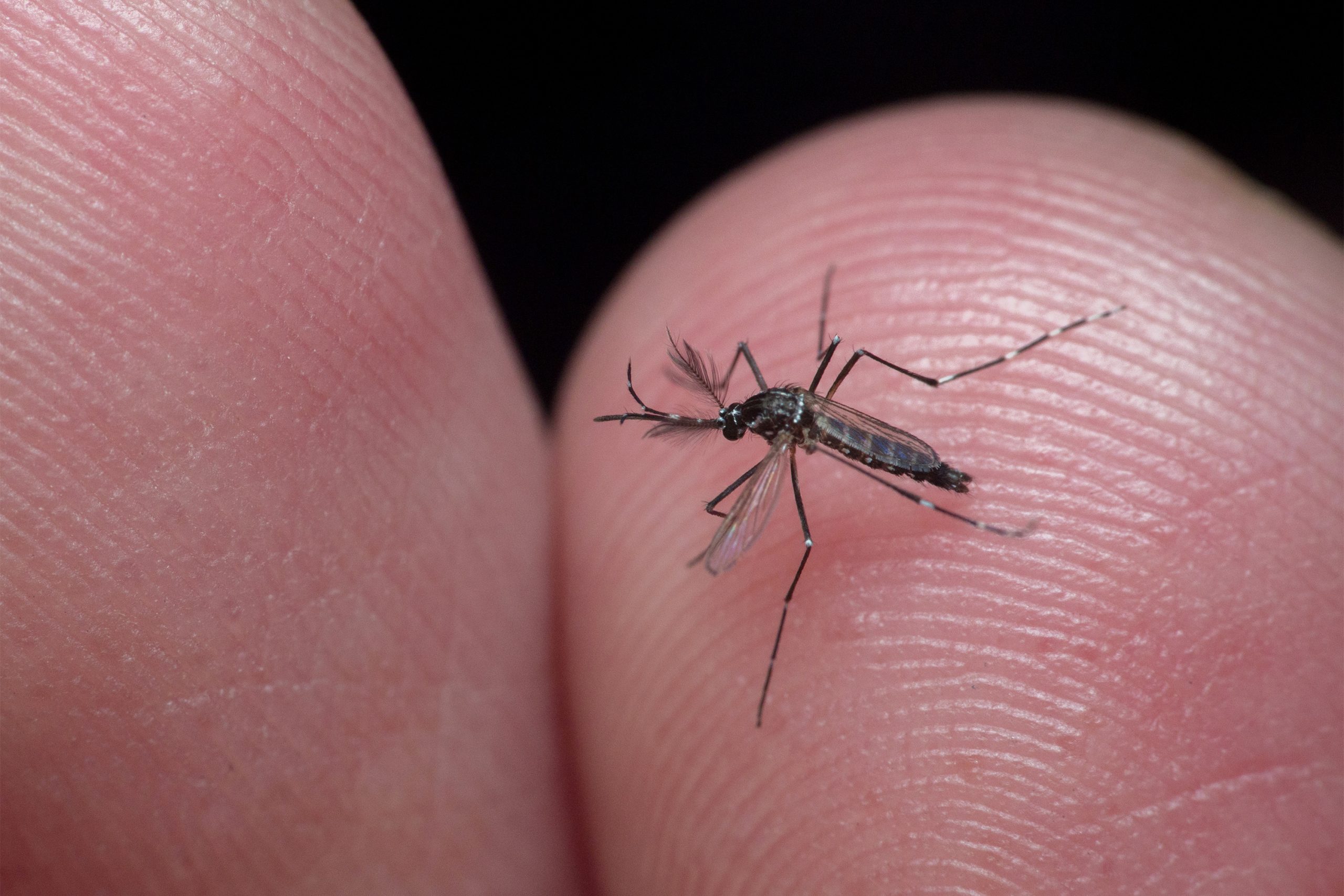People in early middle age who have poor sleep quality, including having difficulty falling or staying asleep, have more signs of poor brain health in late middle age, according to a study published in the October 23, 2024, online issue of Neurology®, the medical journal of the American Academy of Neurology. The study does not prove that poor sleep accelerates brain aging. It only shows an association between poor sleep quality and signs of brain aging.
“Sleep problems have been linked in previous research to poor thinking and memory skills later in life, putting people at higher risk for dementia,” said study author Clémence Cavaillès, PhD, of the University of California San Francisco. “Our study which used brain scans to determine participants’ brain age, suggests that poor sleep is linked to nearly three years of additional brain aging as early as middle age.”
The study included 589 people with an average age of 40 at the start of the study. Participants completed sleep questionnaires both at the beginning of the study and again five years later. Participants had brain scans 15 years after the study began.
Researchers reviewed participants’ responses to questions such as, “Do you usually have trouble falling asleep?” “Do you usually wake up several times at night?” and “Do you usually wake up far too early?” They recorded the number of six poor sleep characteristics for each participant: short sleep duration, bad sleep quality, difficulty falling asleep, difficulty staying asleep, early morning awakening and daytime sleepiness.
Participants were divided into three groups. Those in the low group had no more than one poor sleep characteristic. People in the middle group had two to three, and those in the high group had more than three. At the start of the study, about 70% were in the low group, 22% were in the middle and 8% were in the high group.
Researchers examined participants’ brain scans where the level of brain shrinkage corresponds to a specific age. Researchers used machine learning to determine the brain age for each participant.
After adjusting for factors such as age, sex, high blood pressure and diabetes, researchers found people in the middle group had an average brain age that was 1.6 years older than those in the low group, while those in the high group had an average brain age 2.6 years older.
Of the sleep characteristics, bad sleep quality, difficulty falling asleep, difficulty staying asleep and early morning awakening were linked to greater brain age, especially when people consistently had these poor sleep characteristics over five years.
“Our findings highlight the importance of addressing sleep problems earlier in life to preserve brain health, including maintaining a consistent sleep schedule, exercising, avoiding caffeine and alcohol before going to bed and using relaxation techniques,” said author Kristine Yaffe, MD, of the University of California San Francisco and a member of the American Academy of Neurology. “Future research should focus on finding new ways to improve sleep quality and investigating the long-term impact of sleep on brain health in younger people.”
A limitation of the study was that participants reported their own sleep problems and it is possible they may not have reported them accurately.



